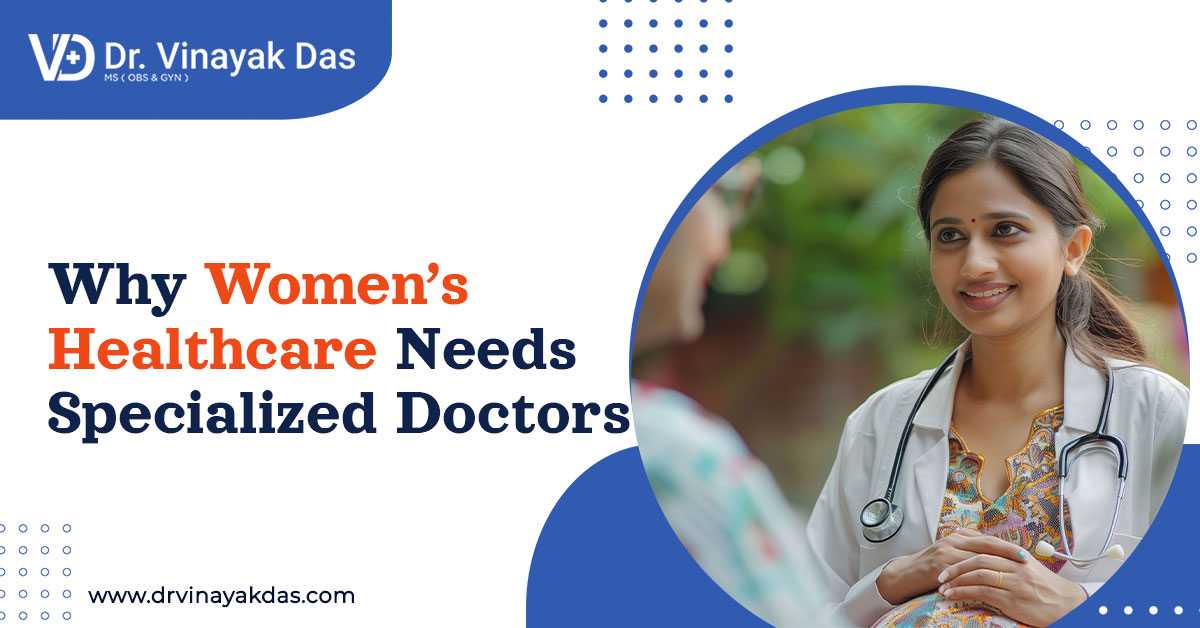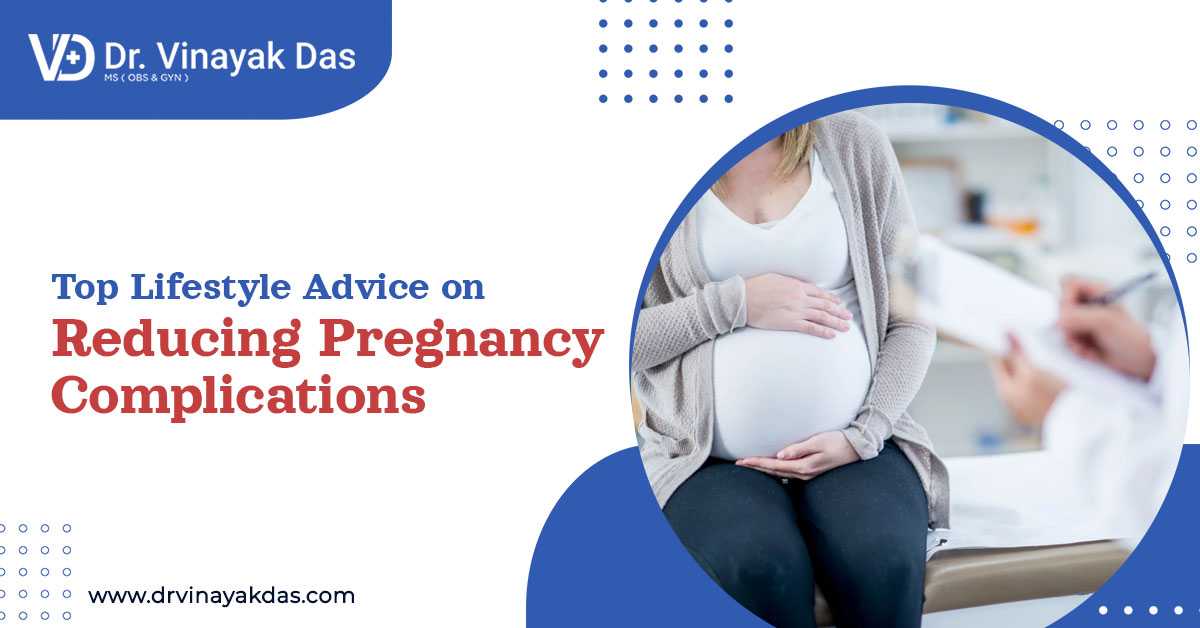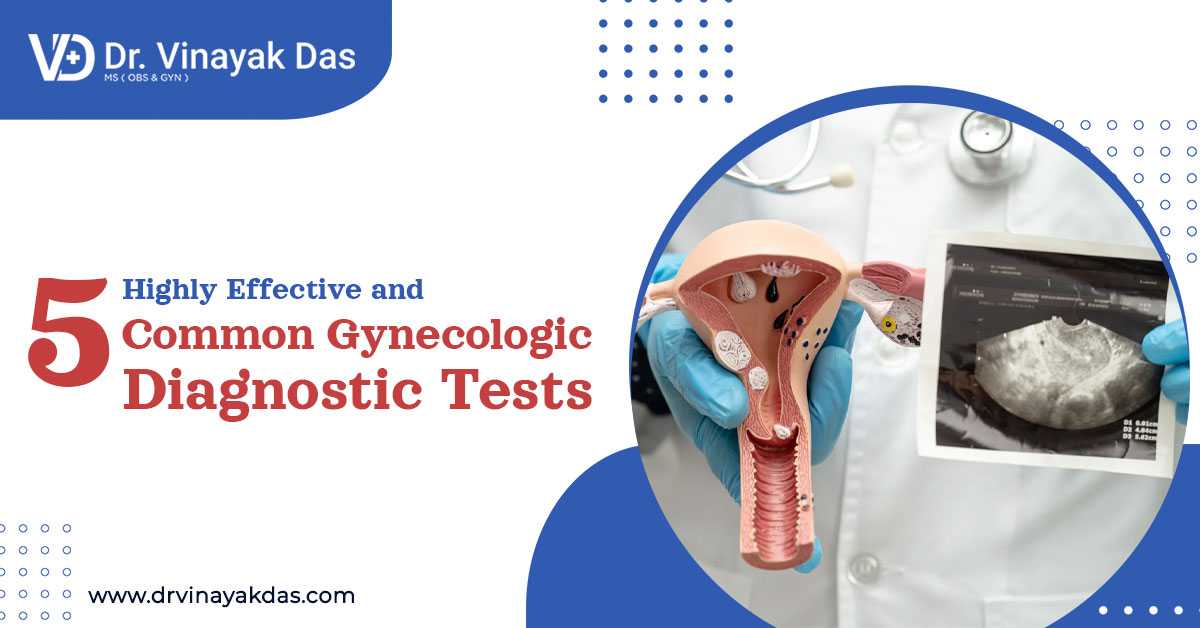Painful menstrual cramps, missed periods, and irregular menstrual cycles are some of the common issues that a woman may face during their reproductive years. However, it is not at all advised to ignore these symptoms if it becomes a regular thing as they can indicate a serious gynaecological problem. You must book an appointment with a reputed gynae doctor in Siliguri immediately to determine the underlying causes behind it.
You must always know gynaecological care is highly important for you to maintain reproductive health. This can be done by scheduling routine check-ups with the doctor which will also help in early detection and intervention of any improper functioning of the reproductive system.
Here are some of the common gynaecological problems requiring specialized treatment.
1. Menstrual Disorders
Menstrual disorders are one of the most common gynaecological problems that one may experience during their reproductive years. Some of the types of menstrual disorders include premenstrual syndrome, amenorrhea or absent periods, dysmenorrhea or pain during menstrual, and abnormal menstruation.
- Symptoms: Irritability, mood swings, breast soreness, mild stomach cramps, weight gain, bloating, and heavy periods.
- Treatments: Birth control pills and hormone replacements can help control the symptoms of these disorders. If pelvic inflammatory disease is causing it then the doctor may prescribe antibiotics.
2. Polycystic Ovarian Syndrome (PCOS)
PCOS is caused due to hormonal imbalance in the body which is caused by excessive hormone production by the ovaries. As a result, small follicle cysts start developing in the ovaries which can lead to anovulation. In most cases, these cysts are not harmful but without treatment, they can interfere with your fertility rates.
- Symptoms: Abnormal hair growth, skin darkening, irregular periods, acne, excessive weight gain, thinning hair, and skin tags.
- Treatments: Eating a healthy diet, medications to minimize the effect of androgens, and hormonal birth control are effective treatment options.
3. Endometriosis
Endometriosis is another common condition which needs to be treated by the best gynaecologist in Siliguri.This is a painful gynaecological issue that can lead to the growth of tissue lining in the fallopian tubes or other pelvic organs which is similar to the uterine lining.
- Symptoms: Painful bowel movements, menstrual cramps, pain during intercourse, and heavy bleeding.
- Treatments: Birth control medications, pain-relieving medications, laparoscopy, and hysterectomy can reduce the complications of endometriosis.
4. Uterine Fibroids
Uterine fibroids are common non-cancerous growths seen in the uterus that can grow in clusters or as a single nodule. Having a family history of fibroids, menstruation starting at a young age, obesity, and late menopause are some of the contributing factors behind the development of uterine fibroids.
- Symptoms: Pain during intercourse, excessive menstrual bleeding, bloating, low back pain, problems with urination, and pain during intercourse.
- Treatments: Medications and surgical procedures such as myomectomy, uterine fibroid embolization, hysterectomy, and radiofrequency ablation are the common methods that can remove the fibroids.
5. Pelvic Inflammatory Disease (PID)
PID is a common infection that can impact your fallopian tubes, ovaries, or uterus. In most cases, you may develop this disorder due to any sexually transmitted infections. If this condition is not treated properly then it can lead to infertility, chronic pelvic pain, tubal-ovarian abscess, and ectopic pregnancy.
- Symptoms: Fever, lower abdominal pain, pain during intercourse, irregular periods, nausea, abnormal vaginal discharge, and burning sensation while urinating.
- Treatments: Antibiotics are the most beneficial treatment option to stop the infection from spreading. If the symptoms persist then the doctor may recommend you to visit the hospital and take the prescribed antibiotics through IV.
Seeking treatment from a renowned gynae doctor in Siliguri right after noticing the symptoms of these issues will help you avoid serious gynaecological complications. It is also recommended to practice safe intercourse, maintain proper hygiene, indulge in a healthy diet, and exercise regularly to reduce the risks of gynaecological problems.





